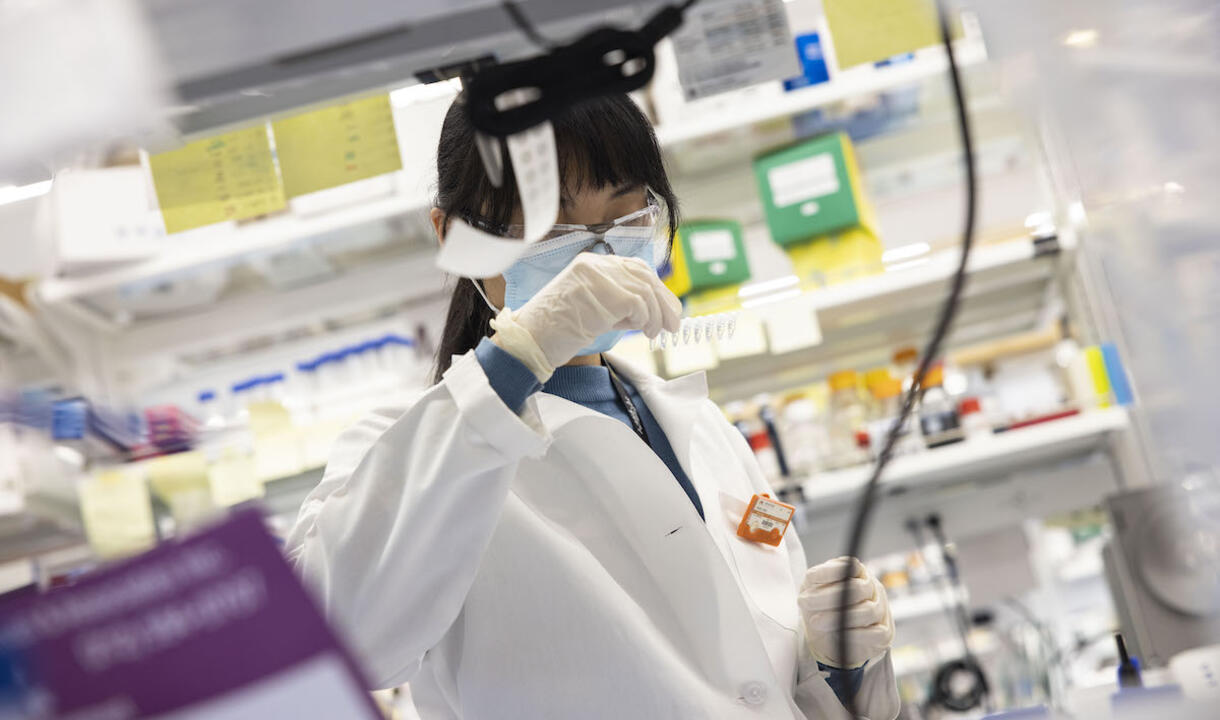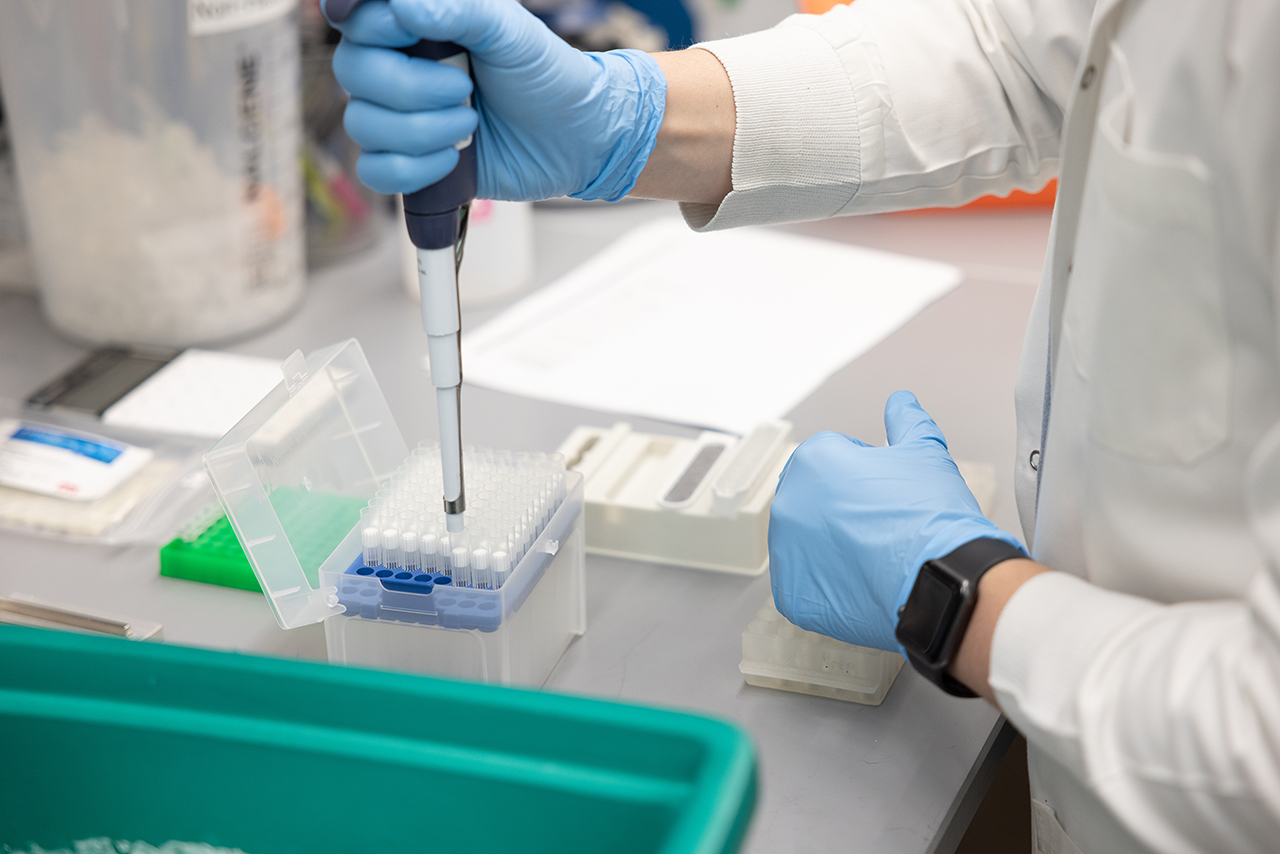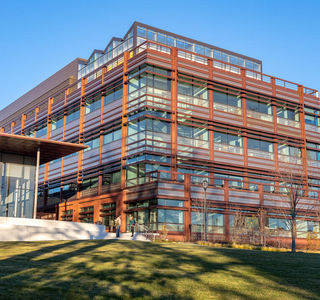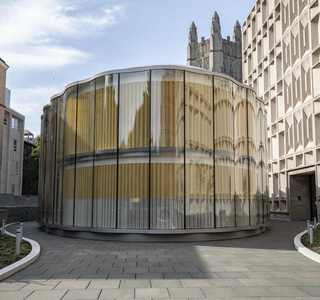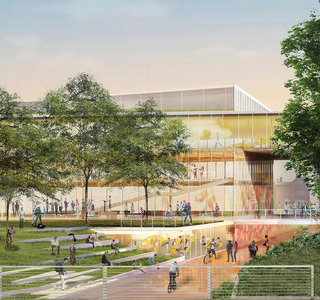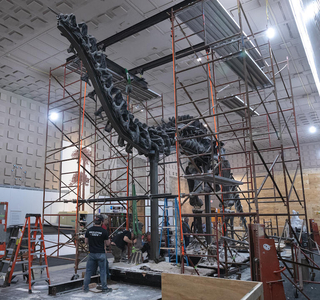The discoveries and new knowledge achieved by Yale’s science and engineering faculty, students, and staff have already and will continue to benefit millions of people. Yale’s strategy to accelerate science and engineering is targeted and specific, focusing on five multidisciplinary areas and several cross-cutting initiatives identified by a faculty committee and selected for their impact and feasibility.
Data Science and Computer Science: Advance fundamental research in big data, computational tools, and other mathematical and technological areas, with application across nearly every discipline and area of research across campus.
Inflammation Science: Accelerate work that offers insights into the underlying causes of inflammation and its role in a wide range of conditions, including COVID-19, arthritis, cancer, depression, and multiple sclerosis.
Neuroscience: Expand the frontiers of knowledge, from molecular and cellular neuroscience to organismal cognition and behavior and advance the understanding of the human mind, including how the brain functions and how it can be repaired.
Planetary Solutions: Create solutions for climate crises through an integrated, multidisciplinary approach with a goal of accelerating solutions for a range of challenges, including biodiversity loss, health and economic disruptions, climate justice, and evolutionary response.
Quantum Science and Engineering: Augment Yale’s global leadership in quantum research, which is ushering in a second information age and will revolutionize technological developments across every sector, and which intersects with many other university initiatives.
Cross-Cutting Initiatives: Support the people, facilities, and instruments that make world-changing discoveries possible and expand opportunities for innovation and transformative research to solve the world’s most challenging problems.
